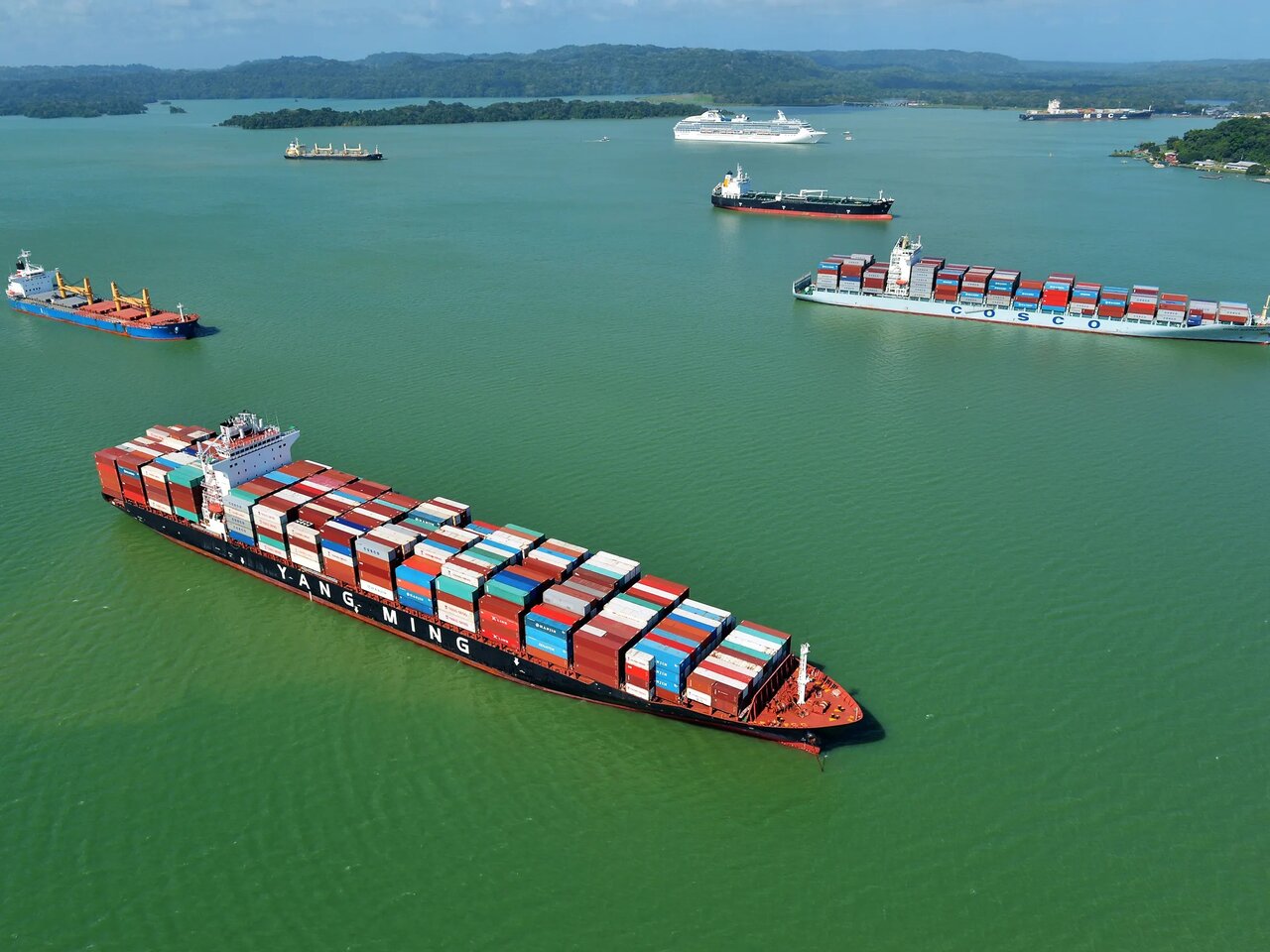U.S. ignites trade concerns

TEHRAN- The White House has ramped up pressure on Tehran through Panama, fueling global trade concerns.
Washington has taken further steps to increase pressure on Tehran. This time, the White House, despite the negative impact of its decisions on the global stage, has leveraged its political influence on Panama to counter Tehran’s expansion of foreign policy.
The U.S. has opted to exert pressure on Panama to prohibit Iranian vessels, sanctioned by Washington, from flying its flag. During a visit to Panama on Wednesday, Abram Paley, Deputy Special Envoy in the U.S. Office of the Special Envoy for Iran, stated that the measure aims to prevent ships from being utilized for what he termed as "illegal actions."
Paley emphasized in a statement that the U.S. is endeavoring to enhance the enforcement of sanctions as part of a broader diplomatic outreach campaign. "Iran and affiliated entities are attempting to circumvent sanctions here in Panama," he remarked. "They seek to exploit Panama's flag registry."
"We anticipate that the Panamanian government will continue to collaborate with us in accordance with their domestic legislation and international commitments," Paley added.
Washington's recent action follows shortly after Iranian Oil Minister Javad Owji declared that Tehran's oil sales would remain unaffected by sanctions, even if Donald Trump were to win the U.S. presidential elections in November.
Panama leads globally in providing flags of convenience, enabling shipping companies to register their vessels in countries with which they have no connection — for a fee and exemption from oversight.
It appears that the White House intends to reinforce the implementation of existing sanctions as the regional crisis escalates. This move by Washington stands in stark contrast to what Washington's Iran hawks call Biden's "appeasement policy" in West Asia.
Biden's pressure policy
The United States has consistently wielded its power as leverage to advance its interests, regardless of the potential repercussions on the regional and international scale. This approach is evident in the U.S.'s consistent formula for intervening in the policy-making systems of other countries.
For instance, Washington's policy towards Caracas and the imposition of sanctions on Venezuela have served as tools for intervening in Venezuela's political system. Similarly, the U.S. employs similar tactics in West Asia, as evidenced by the array of American military bases in the region and unwavering support for Tel Aviv. These actions reflect a policy that prioritizes Washington's interests above all else, irrespective of their broader effects.
The Biden Administration's pressure on Panama exemplifies this approach, indicating that Washington is not inclined to pursue diplomatic channels in its dealings with Iran. Instead, the primary objective appears to be preventing the Islamic Republic of Iran from expanding its political influence.
Despite the Biden administration's initial endorsement of a more conciliatory policy in West Asia and its expressed willingness to revive the 2015 Iran nuclear deal, formally called the JCPOA, the White House has demonstrated a lack of political resolve to take concrete actions. Moreover, the Biden administration has yet to lift any sanctions on Iran, failing to demonstrate a tangible commitment to resolving issues through diplomatic means.
The global fallout of America's bullying policy
The recent U.S. stance in Panama and its maneuver in the Red Sea have triggered alarm bells regarding their potential ramifications on the seamless flow of global trade. What emerges from these developments is a pattern of U.S. behavior wherein the pursuit of its own interests takes precedence, even at the expense of disrupting international commerce.
Take, for instance, the situation in Panama. The U.S.'s exertion of pressure seems to transcend the immediate issue at hand, instead serving as a means to constrain Iran's influence. This strategic maneuver underscores Washington's inclination to prioritize geopolitical objectives over the broader interests of global trade. Similarly, the U.S.'s confrontational stance towards certain factions in the Red Sea region has stirred unnecessary friction along a crucial trade artery.
Such actions raise legitimate concerns about the U.S.'s approach to international affairs. By prioritizing its own objectives over collaborative efforts aimed at fostering global economic stability, the U.S. risks sowing seeds of discord that could have far-reaching consequences. Indeed, this prioritization of unilateral interests over multilateral cooperation threatens to set off a chain reaction of instability, imperiling the very foundation upon which the global economy rests.
As the world navigates through increasingly complex geopolitical terrain, it becomes imperative for nations to uphold principles of cooperation and mutual benefit. The U.S.'s recent actions serve as a sobering reminder of the dangers inherent in a myopic pursuit of national interests at the expense of broader global imperatives. Only through concerted efforts to promote dialogue, understanding, and collaboration can we hope to safeguard the integrity of the global trade system and steer clear of the choppy waters of economic uncertainty.
Leave a Comment